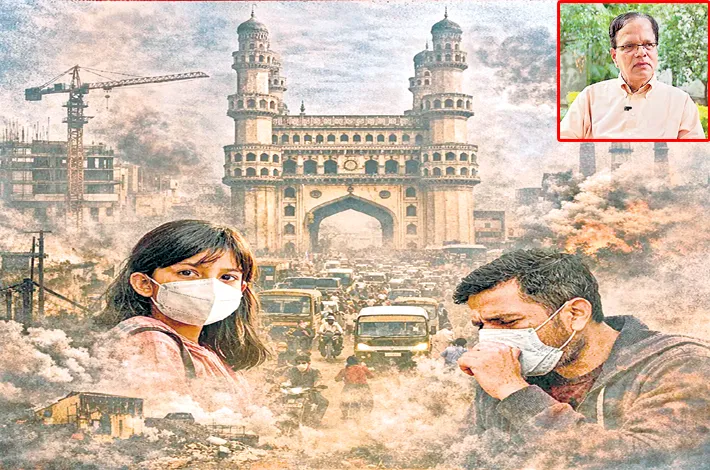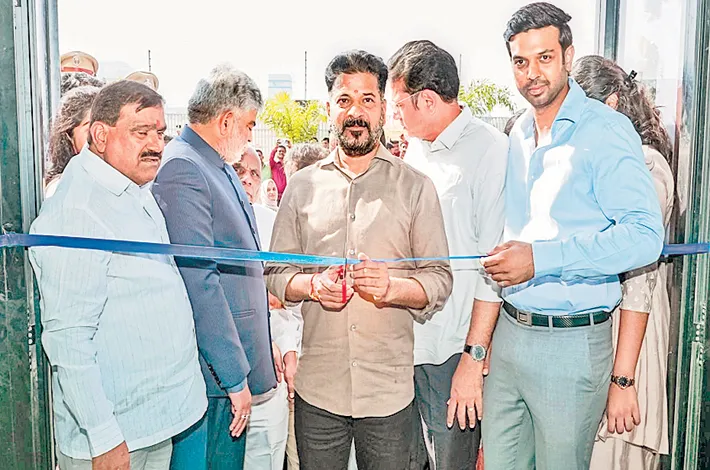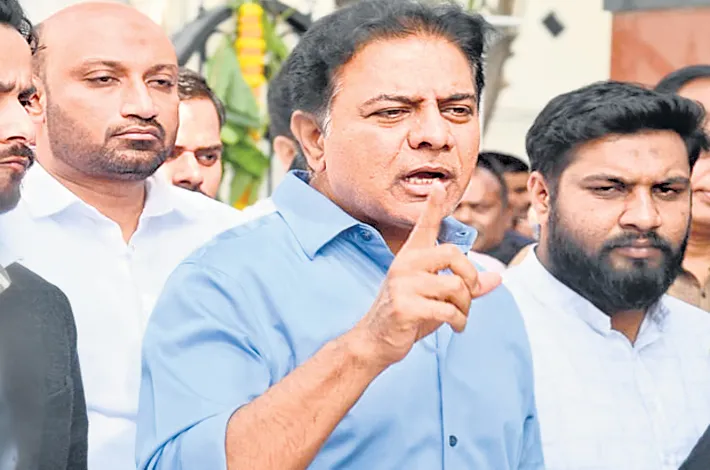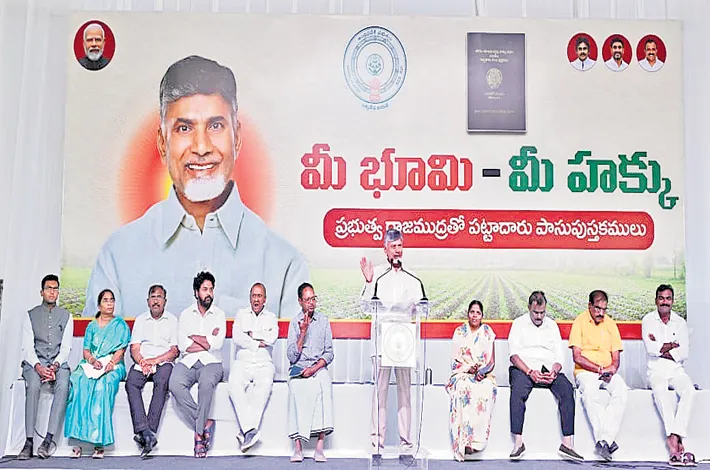‘Judiciary should not play the role of political opposition’
15-02-2025 12:00:00 AM
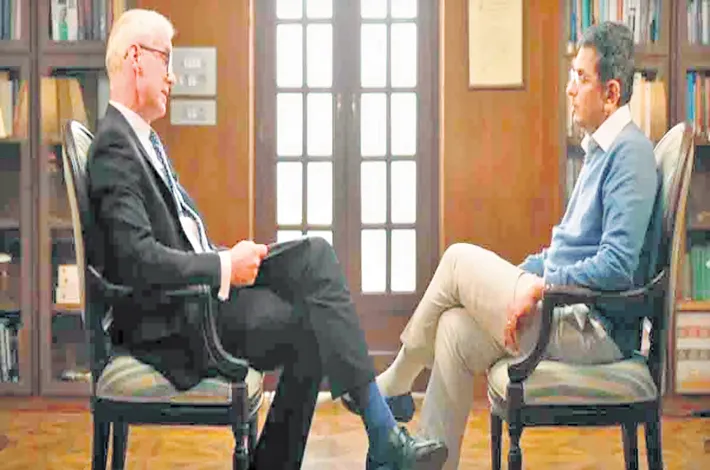
BBC journalist Stephen Sackur’s interview with former Chief Justice of India (CJI) DY Chandrachud comes at a time when leading media houses too have forgotten to question those in power. This interview should be shown to all media schools to tell students how the media should act. Here are the main takeaways from the interview
vjm divakar On judicial independence and its role
Justice Chandrachud maintained that there's a misconception that the judiciary should act as the opposition in legislatures. He clarified that the judiciary's role is to scrutinize laws and executive actions for their consistency with the Constitution, not to play the role of political opposition.
On controversial decisions
Sackur posed tough questions regarding Chandrachud's judgments on significant issues like the abrogation of Article 370 and the Ayodhya verdict. Chandrachud maintained that judicial decisions are made based on constitutional and legal grounds, not personal inclinations.
Social Interactions and proximity with politicians
The interview touched on Chandrachud's interaction with Prime Minister Narendra Modi during a Ganpati Puja at his residence, which sparked controversy. Chandrachud argued that social interactions do not compromise judicial independence, citing similar past interactions between judges and political figures.
Legacy and criticism
Chandrachud reflected on his tenure, expressing concerns about how history would judge his legacy. Critics have described him as not assertive enough against the government in politically sensitive cases, while others praised his prolific judgment writing and efforts in judicial transparency through digitization and livestreaming of court proceedings.
On judicial appointments
He also discussed his opposition to certain judicial appointments, like that of Justice Shekhar Kumar Yadav, which was based on inadequate experience and political affiliations, though he noted the collegium's independence in making final decisions.
Judicial process and transparency
The conversation highlighted Chandrachud's approach to judicial transparency, his handling of high-profile cases, and his views on the judiciary's interaction with the executive, emphasizing the need for a separation of powers while acknowledging the necessity of dialogue between the branches of government.
The interview, aired on February 10, 2025, was noted for its direct questioning on sensitive political and judicial matters, providing insight into Chandrachud's judicial philosophy and handling of his role as a chief justice in a complex political landscape. This discussion was also reflected in posts on X, where users commented on the interview's focus on tough, uncomfortable questions regarding judicial decisions and transparency.
Style and tone Sackur's approach:
Sackur employed a confrontational yet professional style, characteristic of Hard talk where he is known for challenging his guests with tough questions. This approach was evident in his probing on whether the judiciary had been sufficiently critical of government actions, particularly in politically sensitive cases.
Chandrachud's response:
Chandrachud maintained a calm and measured demeanor, which is typical for judicial figures in public interviews. He focused on clarifying legal and constitutional perspectives rather than engaging in political debate, emphasizing the judiciary's role in upholding the law rather than acting as a political counterbalance.
Public reaction
On platforms like X, reactions varied. Some lauded Chandrachud for maintaining judicial dignity under scrutiny, while others felt Sackur's questions exposed weaknesses or biases in judicial decisions during Chandrachud's tenure.
Overall Impact
The interview was a significant moment for discussing judicial roles in democratic governance, the balance between law and politics, and the personal versus professional lives of public figures like judges. It provided a rare insight into how one of India's top judicial minds navigates the complex interplay of law, politics, and public perception.
It might influence public discourse on judicial independence, the expectations from the judiciary in a democracy, and how judges' personal actions are perceived in the context of their official duties





